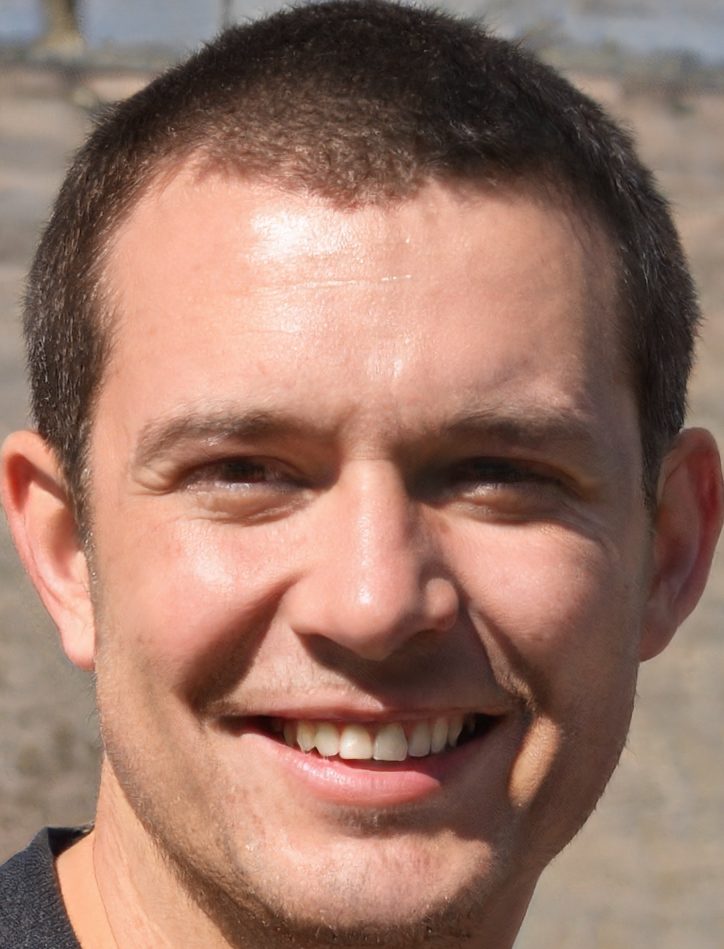Students are protected from microagressions by college and university campuses. Professors must also issue trigger warnings to students if they feel that a course could cause traumatic past experiences. The college student learning environment has been greatly affected by political correctness. There have been many changes. This new academic climate of political rightness has three major consequences. It restricts free speech, impairs one’s mental well-being, and creates fear in college students.
First, the new learning environment that encourages political correctness in college is detrimental to the goal and purpose of college education. Second, it restricts free speech for many reasons. It is essential that college students are allowed to speak their mind and voice. According to The Atlantic, “The Coddling of the American Mind,” political correctness “is creating an environment in which everyone must think twice and speak up.” It also leads to a reduction of vocabulary. If vocabulary is limited, one cannot expand their knowledge. Colleges should instead “equip students for success in a world full words and ideas they can’t control.” The article, “Call Me ‘Ze’ Not ‘He’: University Wants Everyone to Use ‘Gender Inclusion’ Pronouns” by Fox News, explains that political correctness can also affect gender terms. At the University of Tennessee Knoxville, the normal he/she/him/her was replaced with illogical pronouns, such as ze/zir, hir and xe. Restricting freedom of speech can have a negative impact on the goals and purposes of college educations. This can lead to mental health problems. The Atlantic states that trigger warnings can be used in excess to promote unhealthy mental habits. Trigger warnings can be used to “help people suffering from anxiety disorder avoid the things they fear,” but not to allow them face their problems. Students can also be affected by political correctness. Colleges and universities that place a lot of emphasis on “policing speech or punishing speakers” may be more susceptible to anxiety and depression. Another reason political correctness can ruin college experiences and cause mental health problems is that it doesn’t prepare college students for their future careers. Students who lack the ability to think clearly, as can be taught with cognitive behavioral therapy, are not “prepared to flourish.” Mental health issues can also affect college students’ future.
Finally, political correctness brings fear to students on university and college campuses. One reason is the separation of people and inability to have interactions. According to Harvard Business Review’s article “Rethinking Politics Correctness”, it can lead to “barriers” where people feel judged, fear being blamed, and major topics like religion, gender, and race are ignored. This is due in part because of fears of saying the wrong words, offending someone, or being labeled. Huffington Post’s “The Problem With Political Perfectness” article states that we won’t be able to live and work with others who are different from ourselves, if not we acknowledge that diversity is a prominent fact. These fears prevent information from being exchanged. Fear of speaking up means that one cannot listen to others. Political correctness and fear are two of the reasons students find it difficult to get along.
These are the reasons why the new academic environment is based on political correctness. They restrict free speech, make it difficult to express oneself, and create fear among students. Restricting free speech doesn’t allow people to express their thoughts or opinions. It also reduces vocabulary knowledge and creates untrue concepts like gender-inclusive nouns. Poor preparation for reality, trigger warnings and distorted thinking are all signs of mental health problems. Additionally, students are afraid because they cannot exchange information and interactions are stopped. Political correctness has a significant impact on universities and colleges.
